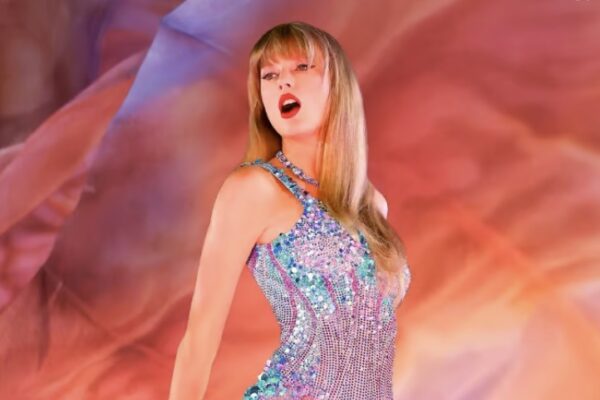Imposing gender quotas for women in tours and festivals is unnecessary and counterproductive. The music industry, both internationally and domestically, has shown that it can successfully include women at the top of its hierarchy on its own. Don’t get me wrong: I would love to see all female artists achieve the level of success Taylor Swift has. A self-made billionaire who rose from obscurity, Taylor is a symbol of success, being the first female artist to amass such a fortune.
Taylor’s The Eras Tour became the most profitable tour in history, surpassing 5 billion reais in revenue. At 34, thanks to her talent and connection with a devoted audience, she became the first singer in history to reach this financial level solely through her music and performances.
Shifting focus to the domestic music scene, singer Anitta continues to break records previously unattainable by both men and women in Brazil. She was the first Brazilian artist to top the global Spotify charts in 2022 and the first to receive a VMA from MTV in the Best Latin Music Video category with Envolver.
If we focus only on the national pop scene, the three most-streamed songs on Spotify in 2023 were by female artists: Ana Castela (with “Nosso Quadro”), Marília Mendonça (with “Leão”), and Simone Mendes (with “Erro Gostoso”). Currently, Ana Castela is unbeatable, having established herself as the most-listened-to artist in Brazil.
The takeaway from the Brazilian music scene is this: in Portuguese, Ana Castela and Marília Mendonça are undeniably the most popular; in English, it’s Taylor Swift. In Spanish, though the genre isn’t as popular in Brazil, the most prominent female singers range from Shakira to Karol G, including the group Rebelde and Rosalía.
Contrary to this scenario, and in a misguided attempt to signal unnecessary promotion and protection for women in the music industry, Bill 522/24 was introduced, proposing a 30% quota for female artists’ participation in musical events.
According to the bill, any event featuring live musical performances with at least three artists or groups on the lineup must comply with this quota. The proposal stipulates that the quota applies to both solo artists and musical groups composed entirely or partially of women. Additionally, it mandates that if the rule is violated, the organizer must pay a fine equivalent to 6% of the total revenue generated by the event, with the fine being allocated to the National Culture Fund.
By proposing quotas for female artist participation in musical events, Bill 522/24 seems to overlook the progress women have already made in the music industry. The imposition of quotas not only disregards these individual achievements but also adds extra costs and bureaucracy for event producers, complicating organization and limiting the freedom to select artists.
Artistic freedom is a fundamental principle in a just society, and music is no exception. Talented and dedicated women are earning their place on stage and in the music charts based on their merit. The imposition of quotas, aside from discouraging individual effort, could create an environment where competition is no longer based on artistic quality but rather on compliance with pre-set quotas.
Instead of implementing measures that merely signal a supposed political virtue, we should allow talent and popular interest to determine the success and presence of women in tours and festivals. It’s time to recognize and celebrate the individual achievements of female artists without the need for bureaucratic impositions that only serve to limit creative freedom and reinforce gender stereotypes.


